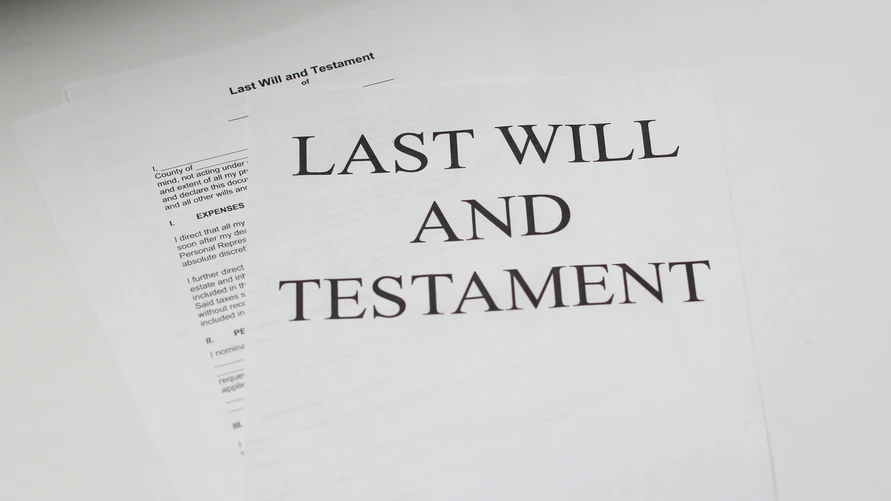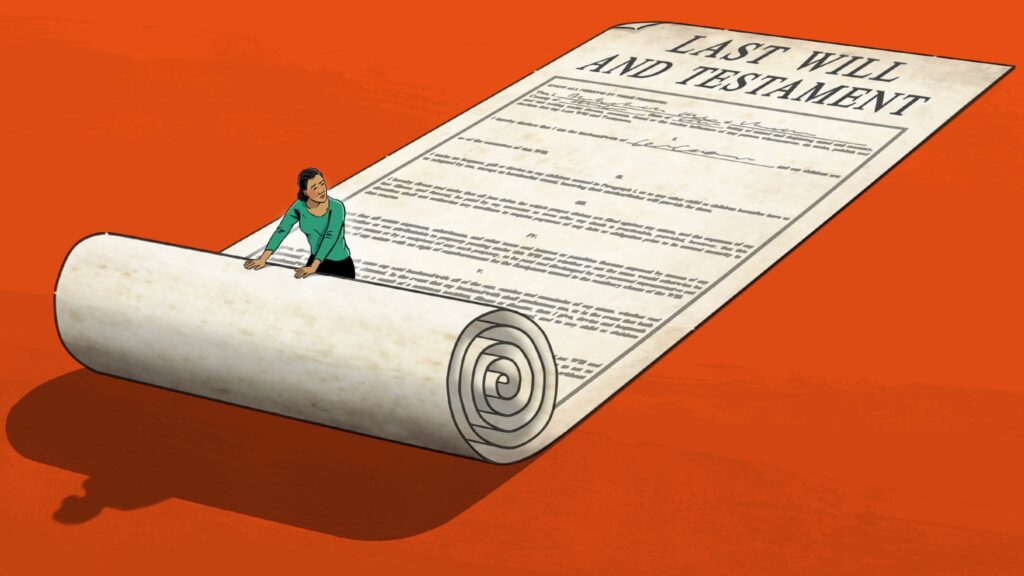It’s generally accepted that one should think about a will after retirement. In fact, it is necessary to write a will not after some date, but with the appearance of the property that can be left as an inheritance.
However, most people still don’t know much about the legal aspects of the will, because this is a rather intimate topic that none of us wants to deal with ahead of time.
Well, whether you like it or not, you need to know at least the basics of inheritance. Therefore, we want to dispel the most common misconceptions that still wander among the population.
1. Solely relatives can go after property

If someone didn’t leave a will, the business or property is inherited by law. First of all, it is claimed by a spouse, parents, children – all equally. However, when drawing up a will, anyone can be appointed heir: neighbors, friends, colleagues, legal entities.
Bill Gates, Elon Musk, and Warren Buffett joined The Giving Pledge campaign, according to which their property will be donated to charity.
2. If a person dies without leaving a will, the state grabs his possessions

It’s time to dispel this myth: if a person dies without an officially certified will, then state law comes into force.
As a rule, the spouse inherits the property of the deceased first, then it goes to the children. Some states allow even minors to inherit.
So the state grabs all only if there are no relatives. But even in this case, a family representative must make sure that the deceased has no relatives, because an aunt’s long-lost granddaughter may appear, who will definitely claim the inheritance.
3. Writing a will requires a fortune

Someone may think that after paying a lawyer fee and legal costs, one can get cold in hand. But you must know that it is not true.
Usually, the costs don’t reach even 5% of the property value. In the majority of states, this is $300 for a simple will. You’ll pay a bit more (about $1,000) if you have a huge estate.
Perhaps some more money will be needed for extra expenses such as estimates and authenticated copies of court docs. But that’s it.
Unfortunately, there are two situations, when you can really need a fortune:
• In some states, such as California, lawyers ask for % of the property value instead of an hourly fee for their services.
• If someone wants to appeal against the will or blame the executor for misbehavior, costs can run high.
So, always address a lawyer who asks for a fair flat fee or who has an hourly rate.
4. It takes many years to probate a will

Most inheritance payments don’t take years. This period usually lasts three to four months.
In practice, it may take more weeks to get all the documents finished. One way or another, the maximum settlement lasts a year.
So, why do some of the will cases have a long run? The reasons are as follows:
• Family disputes. The will probate can be dragged down if a family member disputes the will or if siblings cannot decide on how to divide the property of the passed away father and mother. In such cases, you can contact a company dealing with similar issues, for more details check https://inheritanceadvanced.com/inheritance-advances/. If the case is still not resolved, the dispute may go to court. And this, in turn, means high costs and a long time.
• Huge property. If the property is so large that it’s taxable, things are more complicated. The procedure for filing a declaration itself is very complicated and time-consuming.
• Fixed income. Some deceased, like Michael Jackson, continue to make money. The probate of the will is accordingly extended.
Final thoughts
There are many other myths about inheritance and wills. Remember that having at least basic knowledge about them is a must-have in modern realities.
Don’t be lazy to make your wills now, but note that you can’t just write it once and forget it.
Time passes and circumstances change, people get married, get divorced, sell and buy assets. All this leads to the irrelevance of the wills made earlier. Therefore, the drawn-up document should be revised from time to time and get new adjustments. After all, the issue of timeliness in will issues is a key.

